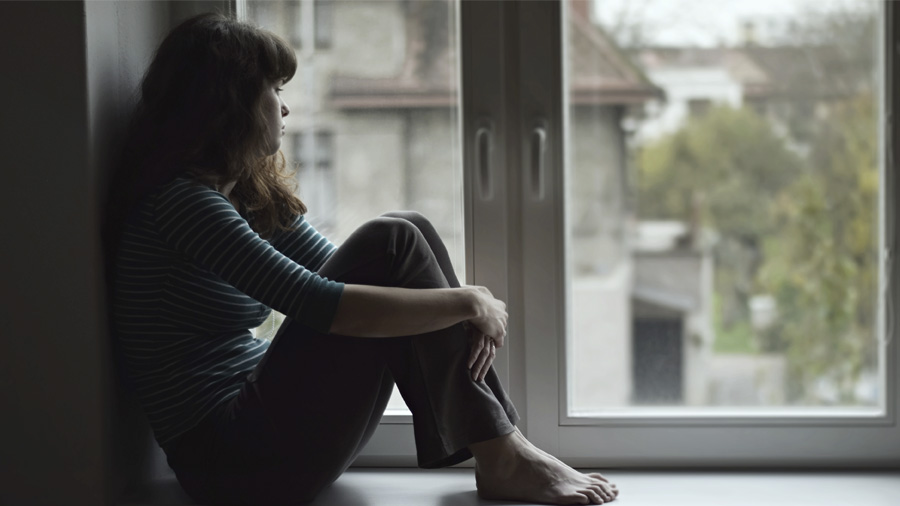Feeling of precariousness affects young people's mental health
The VulnYouth project, coordinated by the IGOP-UAB and funded by the Social Observatory of the “La Caixa” Foundation, reveals that feeling precarious affects the mental health of young people, regardless of gender, age or origin.

The research team, led by Lara Maestripieri, lecturer in the Department of Political Science and Public Law of the UAB and researcher of the Institute of Governance and Public Policies (IGOP-UAB), analysed the effect of work precariousness on the mental health of young people based on an intersectional approach. Also involved in the project were researchers from Utrecht University, the CSIC-UPV and the Pompeu Fabra University.
The study, based on over 3,000 surveys conducted with young Spaniards aged 20 to 34, shows that 31% of young people are at risk of suffering from depression or anxiety and that 40.6% admit suffering from a physical or mental health problem due to their economic uncertainty. The problem is not so much related to labour instability or low wages, but rather to the perception of constantly being in a precarious situation. This feeling is associated with the inability to satisfy basic needs (24%), being able to live alone (10%), living a decent life (4%) and the feeling of insecurity (9%), both professionally and with life in general.
Even though work precariousness is not equally distributed among young people, the feeling of vulnerability is common to all, regardless of gender, age or birthplace. In addition, 63% of those surveyed admit having experienced at least one type of economic uncertainty in the past two years in which they had to adjust or ask for help to cover their needs. This phenomenon is distributed unequally in different social groups, unlike the feeling of precariousness, which is shared by all.
The survey was conducted during the months of February and March 2023, at a time in which the social and economic consequences of the covid pandemic were still being felt and soiciety was in the midst of an inflationary spiral. The two phenomena had an overwhelming effect on young people. Migrant women, non-binary persons and people under 30 are the groups most vulnerable to economic insecurity, which according to research results, cause physical and mental problems in 41% of participants.
The UAB, with Sustainable Development Goals
Good health and well-being